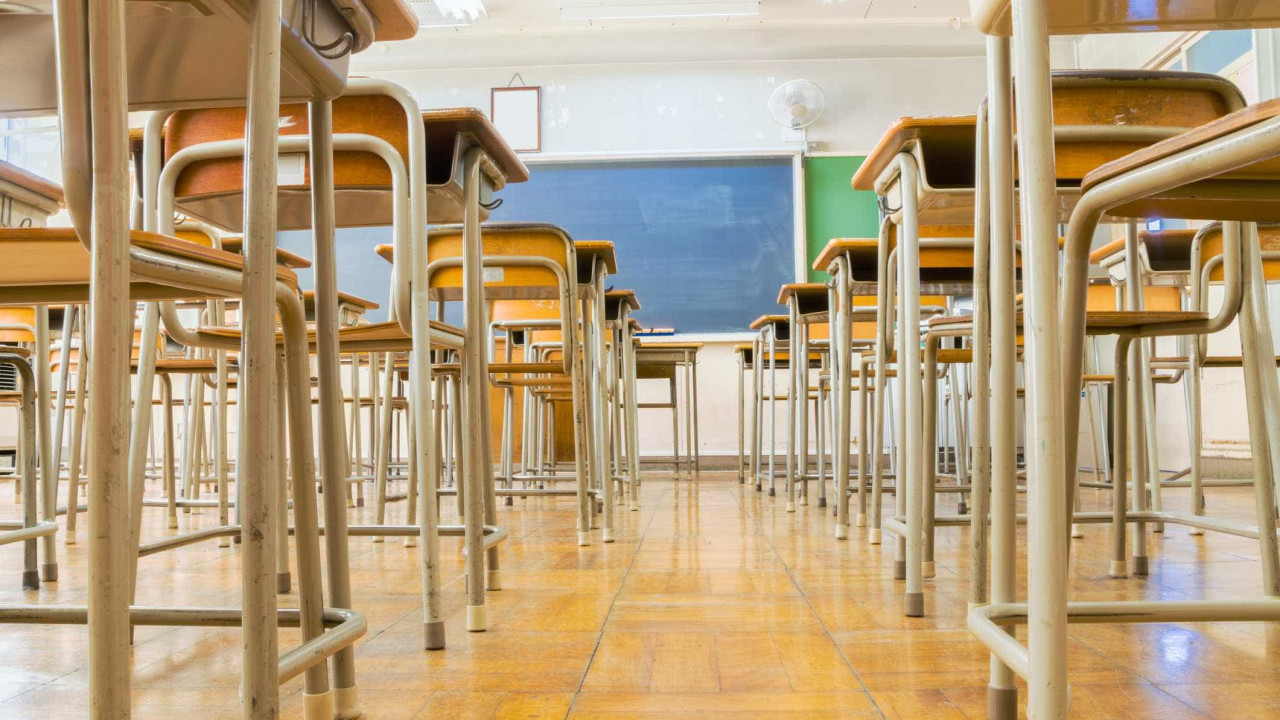President Lula has been unhappy with the Airolola, the official aircraft of the presidency, the Airbus 319CJ, since the end of his second term, in 2010, when he was preparing to pass the baton to Dilma Rousseff. And this is what was purchased by order of Lula himself, in 2005, the Aerolola, as the aircraft’s nickname indicates, at a cost of $ 56.7 million.
The Airolula has a low autonomy, which means it needs to refuel before completing twelve hours in the air. On a flight to Asia, for example, it is necessary to make at least two stops, something Lula had already rated as “insulting” in 2010. Dilma Rousseff has not bought another plane. It was already a lot of political pressure when his predecessor and mentor decided to change the plane a few years ago.
Obviously, Lula considers buying or adapting a new aircraft “not an expense, it’s an investment.”
The Aerolula continued to be used in the following years, serving both Michel Temer and Jair Bolsonaro. However, Tamer leased a Boeing 767-300ER for three years capable of flying 11,000 km without refueling, for 8,500 km from Irolola Airlines. Barely having completed the first half of his third term, Lula has already begun negotiations to replace the Airolola with a larger one, with more autonomy and … with more comfort for the presidential couple.
In addition to the A-319CJ’s “humiliating” low autonomy, Lula now complains that the plane needs a suite with a larger double bed and a bathroom with a shower so that he and First Lady Ganga can travel the world. He also wanted a small office and meeting room, as well as about 100 semi-sleeping seats for ministers and advisers. One of the alternatives offered to the Air Force is to adapt one of the two Airbus A330s purchased during the Jair Bolsonaro administration for military use. The cost is still being considered.
What does Lula intend to do with so much international travel, if he is facing so much hardship at home?
At a time when the government is under pressure to show fiscal responsibility and is suspected of wanting to balance the public finances by raising taxes rather than cutting spending, any extra spending that appears unnecessary or non-emergency can be a political burden. But Lula, apparently, considers that buying or adapting a new aircraft “is not an expense, it is an investment.” The desire to have equipment for flying with greater comfort clearly indicates that Lula intends to make his third term the record holder for international flights.
The record is already being built: 13% of Lula’s current term has already been spent abroad, against 11% for Bolsonaro in the first months of government, 10% for Temer and 8% at the start of Dilma Rousseff’s first term and 5% of the second. Lula 3 also already travels more than Lula 1, who spent 8.5% of the start of his term abroad, and Lula 2 by 10%.
Also when comparing the number of trips throughout his term, Lula holds the record among presidents since the end of the military dictatorship. And he walks – or flies – to break his own record. Lula has so far visited the United States, Argentina, Uruguay, China, Portugal, Spain, the United Kingdom, the United Arab Emirates and Japan. He has already planned trips this year to France, Argentina again, Colombia, Belgium, Sao Tome and Principe, South Africa, India and again to the United States. There is also the possibility that he will go to the Vatican to visit Pope Francis.
What does Lula intend to do with so much international travel, if he has great difficulty at home, for example in getting projects of interest to his government approved in Congress – where it has already been proven that he does not have a solid base?
The focus on travel is the result of Lula’s intention to celebrate his third term in terms of achievements on the international scene. For this, he resorts to presidential diplomacy, which consists in transferring foreign policy decision-making from Itamaraty to the presidency. This shift aims to promote faster changes in foreign relations, bypassing the bureaucracy or diplomatic “tradition” of career officials in the State Department. It is a way to put the president’s ideological and partisan preferences above state politics and diplomatic continuity.
Another effect of presidential diplomacy is the traveling salesman role the president takes on, bringing him closer to business sectors interested in doing business abroad. In short, presidential diplomacy prefers to accommodate ideology and the influence of the business lobby on foreign policy. We already know where this is headed, right?
Infographics Gazeta do Povo[Clique para ampliar]

“Writer. Analyst. Avid travel maven. Devoted twitter guru. Unapologetic pop culture expert. General zombie enthusiast.”


